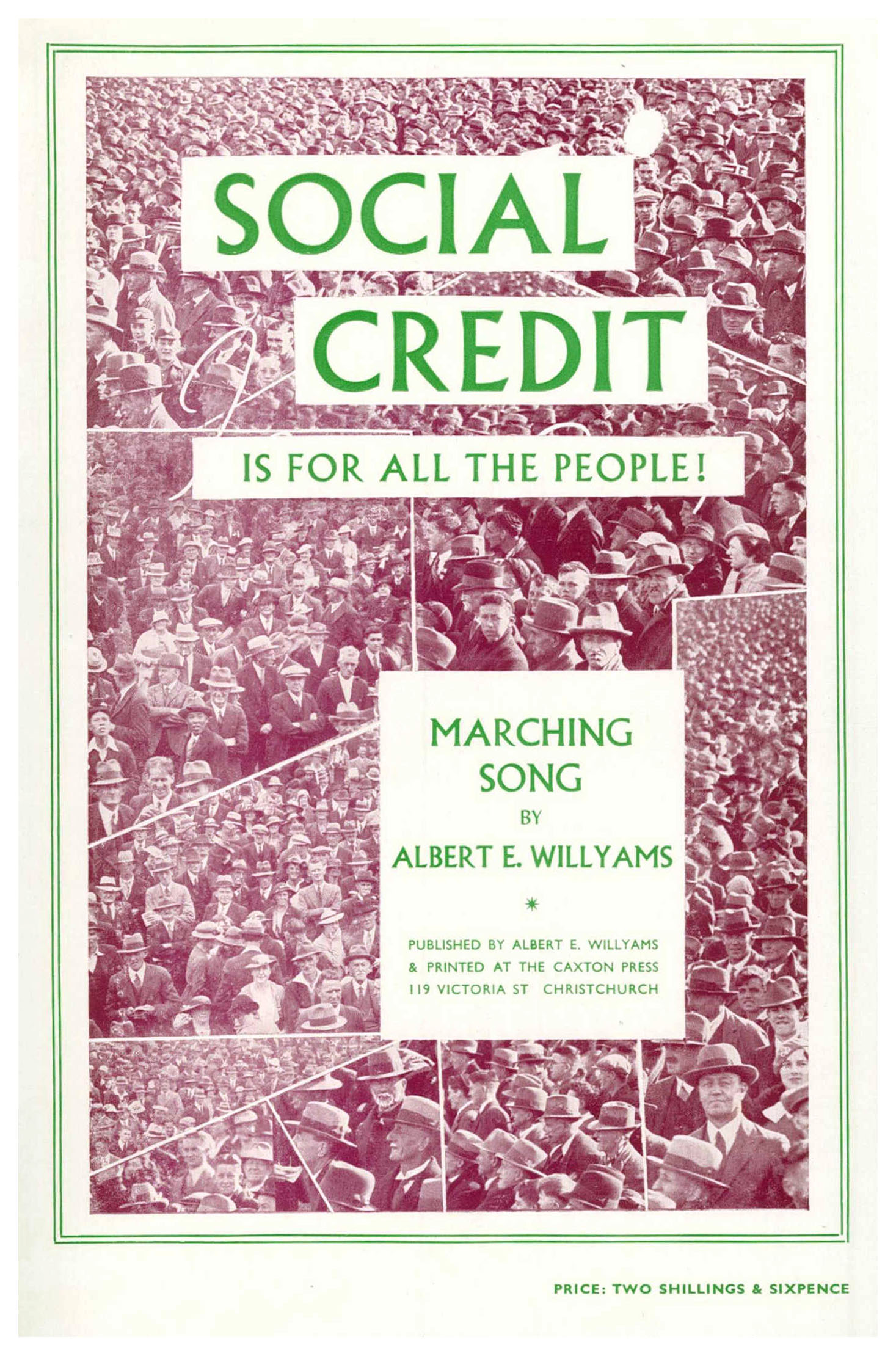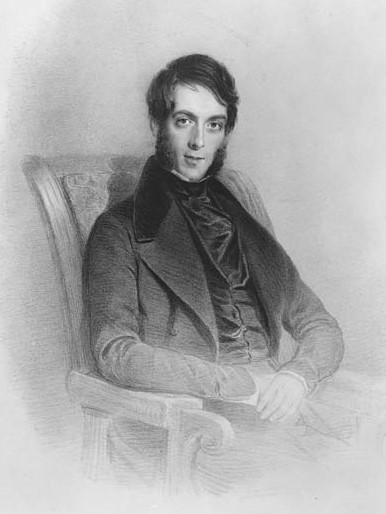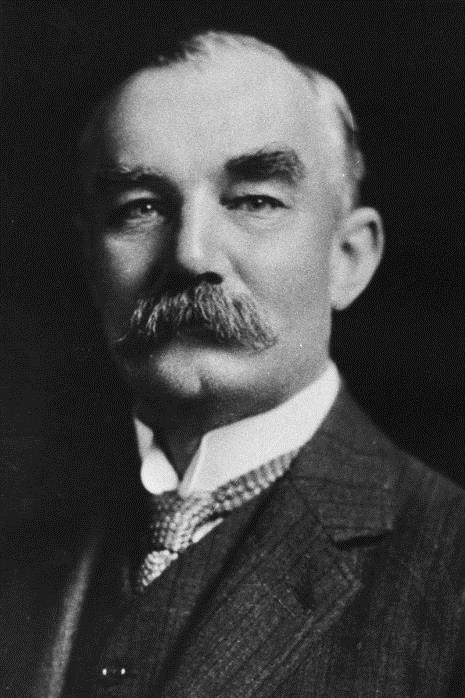|
1981 In New Zealand
The following lists events that happened during 1981 in New Zealand. Population * Estimated population as of 31 December: 3,194,500 * Increase since 31 December 1980: 18,100 (0.57%) * Males per 100 females: 98.7 Incumbents Regal and viceregal *Head of State – Elizabeth II *Governor-General – The Hon Sir David Beattie GCMG GCVO QSO QC. Government The 39th New Zealand Parliament, led by the National Party, concluded, and in the general election the party was re-elected in the 40th New Zealand Parliament. Support for the government decreased, however, with the Labour Party receiving the largest portion of the popular vote. *Speaker of the House – Richard Harrison.Lambert & Palenski: ''The New Zealand Almanac'', 1982. *Prime Minister – Robert Muldoon *Deputy Prime Minister – Brian Talboys then Duncan MacIntyre. *Minister of Finance – Robert Muldoon. *Minister of Foreign Affairs – Brian Talboys then Warren Cooper. *Attorney-General – Jim McLay. * Chief Justi ... [...More Info...] [...Related Items...] OR: [Wikipedia] [Google] [Baidu] |
Head Of State
A head of state (or chief of state) is the public persona who officially embodies a state Foakes, pp. 110–11 " he head of statebeing an embodiment of the State itself or representatitve of its international persona." in its unity and legitimacy. Depending on the country's form of government and separation of powers, the head of state may be a ceremonial figurehead or concurrently the head of government and more (such as the president of the United States, who is also commander-in-chief of the United States Armed Forces). In a parliamentary system, such as the United Kingdom or India, the head of state usually has mostly ceremonial powers, with a separate head of government. However, in some parliamentary systems, like South Africa, there is an executive president that is both head of state and head of government. Likewise, in some parliamentary systems the head of state is not the head of government, but still has significant powers, for example Morocco. In contrast, ... [...More Info...] [...Related Items...] OR: [Wikipedia] [Google] [Baidu] |
Deputy Prime Minister Of New Zealand
The deputy prime minister of New Zealand ( mi, Te pirimia tuarua o Aotearoa) is the second most senior member of the Cabinet of New Zealand. The officeholder usually deputises for the prime minister at official functions. The current deputy prime minister is Grant Robertson. The role existed on an informal basis for as long as the office of prime minister/premier has existed, but the office of "deputy prime minister" was formally established as a ministerial portfolio in 1949. This means that Keith Holyoake is considered as the first deputy prime minister. It was formally designated as a full cabinet level position in 1954. Appointment and duties Generally, the position is held by the deputy leader of the largest party, but now that the MMP electoral system makes coalitions more likely, the role may instead go to the leader of a junior party. This occurred with Winston Peters, leader of New Zealand First, and Jim Anderton, leader of the Alliance. The current deputy prime mini ... [...More Info...] [...Related Items...] OR: [Wikipedia] [Google] [Baidu] |
Bruce Beetham
Bruce Craig Beetham (16 February 1936 – 3 May 1997) was an academic and politician from New Zealand, whose career spanned the 1970s and early 1980s. A lecturer at Hamilton's University of Waikato and at the Hamilton Teachers' Training College, he was elected leader of the Social Credit Political League (which he had joined in 1969) in 1972, at a time when the party was in disarray and many were questioning its chances of survival. A brilliant organiser and an electrifying speaker, Beetham succeeded in rebuilding the party, and by the late 1970s it was challenging the stranglehold on the two-party system of the long-dominant National and Labour parties. Biography Early life and career Born in New Plymouth on 16 February 1936, he was the son of Stanley Develle Beetham (a carpenter) and his wife Frances Agnes Amy Watts. Beetham attended New Plymouth Boys' High School from 1951 to 1955. He then went on to the Auckland Secondary Teachers College where he eventually acquired a BA ... [...More Info...] [...Related Items...] OR: [Wikipedia] [Google] [Baidu] |
Social Credit Party (New Zealand)
The New Zealand Social Credit Party (sometimes called "Socred") is a political party which served as the country's Third party (politics), third party from the 1950s through into the 1980s. The party held a number of seats in the New Zealand House of Representatives, although never more than two at a time. It renamed itself the New Zealand Democratic Party from 1985 to 2018, and was for a time part of the Alliance (New Zealand political party), Alliance from 1991 to 2002. It returned to the Social Credit name in 2018. The party is based on the ideas of social credit, an economic theory established by Major C. H. Douglas. Social Credit movements also existed in Australia (''see:'' Douglas Credit Party & Australian League of Rights), Canada (''see:'' Social Credit Party of Canada), and the United Kingdom (''see:'' Social Credit Party of Great Britain and Northern Ireland, UK Social Credit Party) although the relationship between those movements and the New Zealand movement was no ... [...More Info...] [...Related Items...] OR: [Wikipedia] [Google] [Baidu] |
Bill Rowling
Sir Wallace Edward Rowling (; 15 November 1927 – 31 October 1995), commonly known as Bill Rowling, was a New Zealand politician who was the 30th prime minister of New Zealand from 1974 to 1975. He held office as the parliamentary leader of the Labour Party. Rowling was a lecturer in economics when he entered politics; he became a Member of Parliament in the 1962 Buller by-election. Not long after entering parliament Rowling began to rise through Labour's internal hierarchy, and he was Party President from 1970 to 1973. He was serving as Minister of Finance (1972–1974) when he was appointed Prime Minister following the death of the highly popular Norman Kirk. His Labour Government's effort to retrieve the economy ended with an upset victory by the National Party in November 1975. Rowling continued to lead the Labour Party but lost two more general elections. Upon retiring from the party's leadership in 1983, he was knighted. He served as Ambassador to the United States ... [...More Info...] [...Related Items...] OR: [Wikipedia] [Google] [Baidu] |
Leader Of The Opposition (New Zealand)
In New Zealand, the Leader of the Opposition (or Opposition leader) is a senior politician who leads the Official Opposition. The Leader of the Opposition is, by convention, the leader of the largest political party in the House of Representatives that is not in government (nor provides confidence and supply). This is usually the parliamentary leader of the second-largest caucus in the House of Representatives. When in the debating chamber the Opposition leader sits on the left-hand side of the centre table, in front of the Opposition and opposite the prime minister. The role of the leader of the Opposition dates to the late 19th century, with the first political parties, and the office was formally recognised by statute in 1933. Although currently mentioned in a number of statutes, the office is not established by any Act (nor is that of the prime minister); it is simply a product of the conventions of the Westminster-style parliamentary system. The leader of the Opposit ... [...More Info...] [...Related Items...] OR: [Wikipedia] [Google] [Baidu] |
Ronald Davison
Sir Ronald Keith Davison (16 November 1920 – 2 July 2015) was a New Zealand lawyer and jurist. He served as the tenth Chief Justice of New Zealand from 1978 to 1989, Early life and family Born in Kaponga on 16 November 1920, Davison was the son of Joseph James Davison and Florence Minnie Davison (née McCleland). He was educated at Te Kuiti District High School. During World War II, he served with the New Zealand Army (1941–1942) and Royal New Zealand Air Force (1942–1945), before compleing a Bachelor of Laws degree at Auckland University College in 1947. In 1948, Davison married Jacqueline May Carr, and the couple had three children, including Paul Davison , a barrister who prosecuted, among other cases, the trial of Scott Watson for the disappearance of Ben Smart and Olivia Hope in the Marlborough Sounds on 1 January 1998. Career Davison presided over the case of the sinking of the ''Rainbow Warrior''. His sentence of 10 years jail for the French secret service a ... [...More Info...] [...Related Items...] OR: [Wikipedia] [Google] [Baidu] |
Chief Justice Of New Zealand
The chief justice of New Zealand ( mi, Te Kaiwhakawā Tumuaki o Aotearoa) is the head of the New Zealand judiciary, and presides over the Supreme Court of New Zealand. The chief justice of New Zealand is also the chief justice of Tokelau. Before the establishment of the Supreme Court in 2004, the chief justice was the presiding judge in the High Court of New Zealand, and was also ''ex officio'' a member of the Court of Appeal of New Zealand. The office is established by the Senior Courts Act 2016, which describes the chief justice as "senior to all other judges". The chief justice is first among equals among the Judges of the Supreme Court. They also act in place of the governor-general if one has not been appointed or if the appointee is unable to perform their duties. When acting in place of the governor-general, the chief justice is known as the "administrator of the Government". The chief justice is appointed by the governor-general, on the formal advice of the prime mini ... [...More Info...] [...Related Items...] OR: [Wikipedia] [Google] [Baidu] |
Jim McLay
Sir James Kenneth McLay (born 21 February 1945) is a New Zealand diplomat and former politician. He served as the ninth deputy prime minister of New Zealand from 15 March to 26 July 1984. McLay was also Leader of the National Party and Leader of the Opposition from 29 November 1984 to 26 March 1986. Following his ousting as party leader, he retired from parliamentary politics in 1987. In June 2009, he became New Zealand's Permanent Representative to the United Nations. In May 2015, McLay became New Zealand's Representative to the Palestinian Authority. From May 2016 to January 2017, he was New Zealand's Consul General in Honolulu. Early life McLay was born in Devonport, Auckland, the son of Robert and Joyce McLay. Peter Wilkinson was his half-brother. He was educated at King's College, Auckland and the University of Auckland, gaining a law degree in 1967. He worked as a lawyer for some time, and also became involved in a number of law associations. In 1983 he married Marcy F ... [...More Info...] [...Related Items...] OR: [Wikipedia] [Google] [Baidu] |
Attorney-General (New Zealand)
The Attorney-General is a political and legal officer in New Zealand. The Attorney-General is simultaneously a ministerial position and the chief law officer of the Crown, and has responsibility for supervising New Zealand law and advising the government on legal matters. The Attorney-General serves both a political and apolitical function. The current Attorney-General is David Parker. Responsibilities and powers The Attorney-General has two main areas of official responsibility. Firstly, the Attorney-General has ministerial jurisdiction over the Crown Law Office, the Parliamentary Counsel Office, and the Serious Fraud Office.''Briefing Paper for the Attorney-General'' (Crown Law Office, October 2017) at 3. Secondly, the Attorney-General is the principal law officer of the Crown, responsible for supervising the state's administration of the law and for providing legal advice to the government. This includes upholding the rule of law and advising on compliance with internati ... [...More Info...] [...Related Items...] OR: [Wikipedia] [Google] [Baidu] |
Warren Cooper
Warren Ernest Cooper (born 21 February 1933) is a former New Zealand politician. He was a National Party MP from 1975 to 1996, holding cabinet positions including Minister of Foreign Affairs and Minister of Defence. Cooper also twice served as Mayor of Queenstown, from 1968 to 1975 and 1995 to 2001. Early life and career Cooper was born in Dunedin in 1933. He received his education at Musselburgh School and King's High School. He later moved to Queenstown after leaving school at 15. He worked as a retailer, a painting, decorating and signwriting contractor, and a motel manager. He then became a real estate agent and was a leading member of the Jaycees, being awarded with life membership. Political career Cooper was Mayor of Queenstown Borough from 1968 to 1975. As mayor Cooper successfully lobbied the then Minister of Finance Robert Muldoon to allow the Queenstown Borough Council to sell land in the Queenstown Hill Commonage in order to fund new water and sewerage sch ... [...More Info...] [...Related Items...] OR: [Wikipedia] [Google] [Baidu] |
Minister Of Foreign Affairs (New Zealand)
The Minister of Foreign Affairs is a senior member of the New Zealand Government heading the Ministry of Foreign Affairs and Trade and responsible for relations with foreign countries. The current Minister of Foreign Affairs is Nanaia Mahuta. Responsibilities and powers The Minister of Foreign Affairs is responsible for overseeing New Zealand's relations with foreign countries and the promotion of New Zealand's interests abroad. The Minister is in charge of the Ministry of Foreign Affairs and Trade, including New Zealand's diplomatic staff. The office is often considered to be one of the more distinguished ministerial posts, and has at times been counted as the most senior role below that of the Prime Minister. In terms of actual political power, however, the Minister of Foreign Affairs is not as prominent as in countries such as Australia, Canada, the United Kingdom and the United States, with the Minister of Finance being considerably more influential. Historically, the Mi ... [...More Info...] [...Related Items...] OR: [Wikipedia] [Google] [Baidu] |
.jpg)

.jpg)





